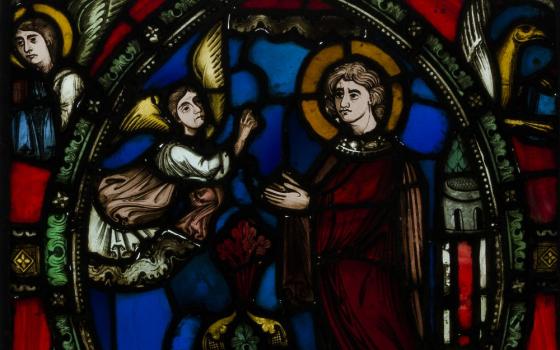Overall I was more encouraged than discouraged by Pope Francis's May 10 discussion about women deacons at the triennial meeting of the Union of International Superiors General.
I was pleasantly surprised that the pope was considering a "sacramental decree" about the issue. My worst fear was that church officials would establish an ahistorical hybrid "deaconette" function for women that was neither fish nor fowl — neither ordained nor lay. Instead, it appears that Francis seeks a "solid theological, historical foundation" to sacramentally ordain women deacons.
This is where the discouraging part comes in.
The solid historical foundation is already there. In spades.
There is ample historical evidence that women ministered as deacons for 12 centuries — from the first-century Phoebe, whom Paul identifies in Roman 16:1 as a diakonos, the same word he uses to describe his own ministry (1 Corinthians 3:5 and 2 Corinthians 6:4) — to the 12th-century French theologian and deacon, Heloise.
History is not the sticking point. The sticking point seems to be theological, with the disagreement centering around the anachronistic red herring of sacramentality.

